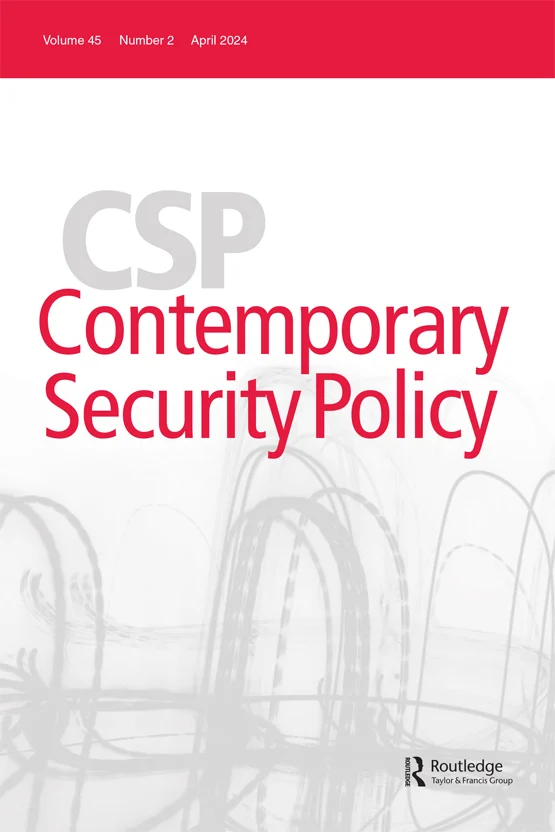Winning a seat at the table: Strategic routes by emerging powers to gain privileges in exclusive formal clubs
IF 5
1区 社会学
Q1 INTERNATIONAL RELATIONS
引用次数: 0
Abstract
ABSTRACT Established powers enjoy privileges in world politics coveted by emerging powers. These privileges vary in their level of institutionalization: full formal privileges, partial formal privileges, and informal privileges. We identify two alternative strategic routes through which emerging powers target these three types of privileges: a top-down and a bottom-up route. We analyze two factors that impact the choice between these two routes: restrictiveness of eligibility criteria for winning privileges, and the expected levels of opposition by both established powers and outsiders. We examine the impact of these factors on two cases in which India negotiated privileges: India’s top-down campaign to win a permanent seat on the UN Security Council; and India’s bottom-up campaign to enter the nuclear club as a de facto nuclear weapon state. Highly restrictive eligibility criteria along with high levels of opposition drove India to gradually seek nuclear privileges through a bottom-up route.赢得席位:新兴大国获得专属正式俱乐部特权的战略路线
老牌大国在世界政治中享有新兴大国梦寐以求的特权。这些特权的制度化程度各不相同:完全正式特权、部分正式特权和非正式特权。我们确定了新兴大国获取这三种特权的两条备选战略路线:自上而下和自下而上路线。我们分析了影响这两种路径选择的两个因素:赢得特权的资格标准的限制,以及现有权力和外部势力的预期反对程度。我们研究了这些因素对印度谈判特权的两个案例的影响:印度为赢得联合国安理会常任理事国席位而进行的自上而下的运动;以及印度以事实上的核武器国家身份进入核俱乐部的自下而上的运动。严格的资格标准和强烈的反对促使印度通过自下而上的途径逐步寻求核特权。
本文章由计算机程序翻译,如有差异,请以英文原文为准。
求助全文
约1分钟内获得全文
求助全文
来源期刊

Contemporary Security Policy
Multiple-
CiteScore
14.60
自引率
6.80%
发文量
22
期刊介绍:
One of the oldest peer-reviewed journals in international conflict and security, Contemporary Security Policy promotes theoretically-based research on policy problems of armed conflict, intervention and conflict resolution. Since it first appeared in 1980, CSP has established its unique place as a meeting ground for research at the nexus of theory and policy.
Spanning the gap between academic and policy approaches, CSP offers policy analysts a place to pursue fundamental issues, and academic writers a venue for addressing policy. Major fields of concern include:
War and armed conflict
Peacekeeping
Conflict resolution
Arms control and disarmament
Defense policy
Strategic culture
International institutions.
CSP is committed to a broad range of intellectual perspectives. Articles promote new analytical approaches, iconoclastic interpretations and previously overlooked perspectives. Its pages encourage novel contributions and outlooks, not particular methodologies or policy goals. Its geographical scope is worldwide and includes security challenges in Europe, Africa, the Middle-East and Asia. Authors are encouraged to examine established priorities in innovative ways and to apply traditional methods to new problems.
 求助内容:
求助内容: 应助结果提醒方式:
应助结果提醒方式:


